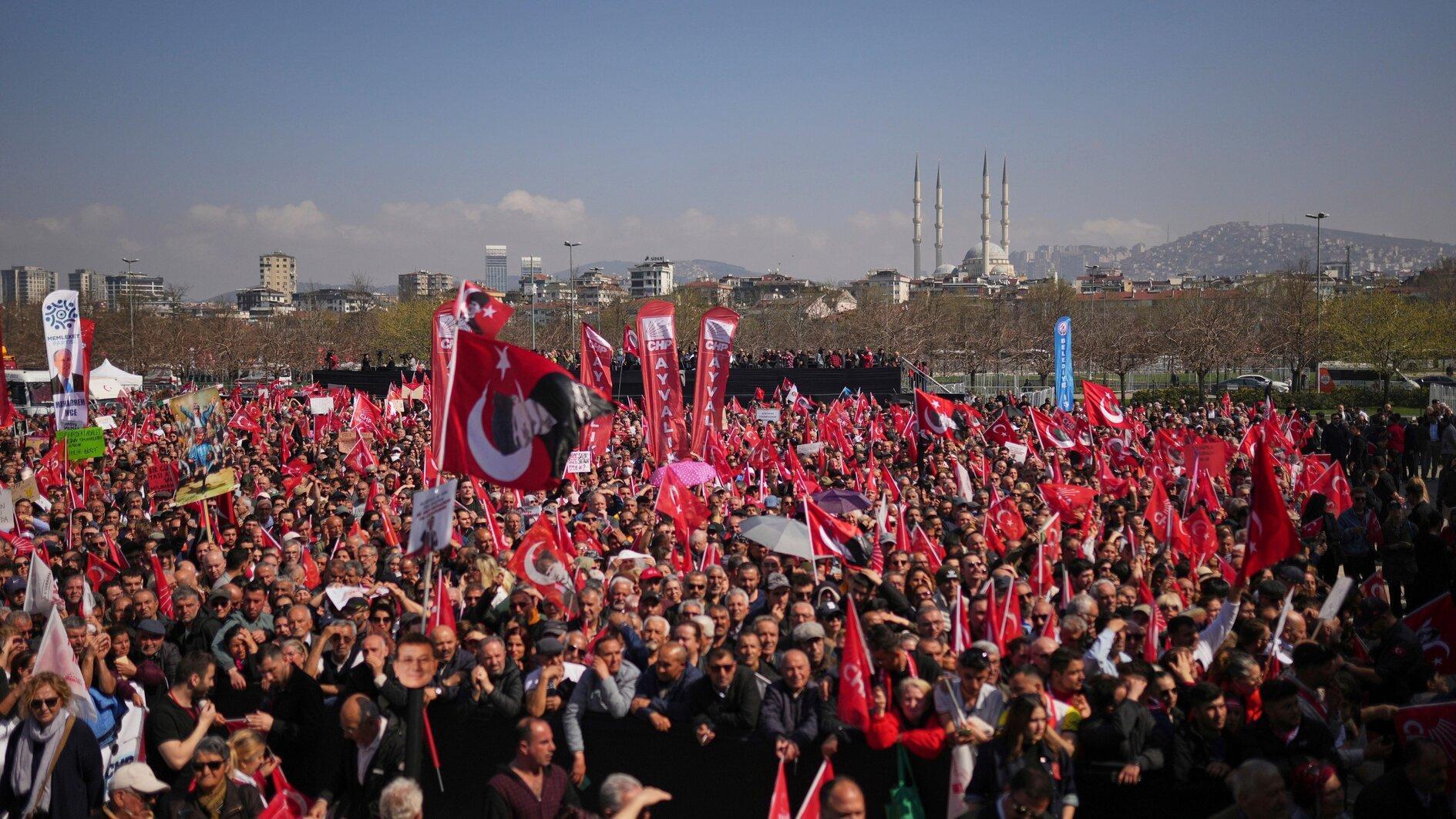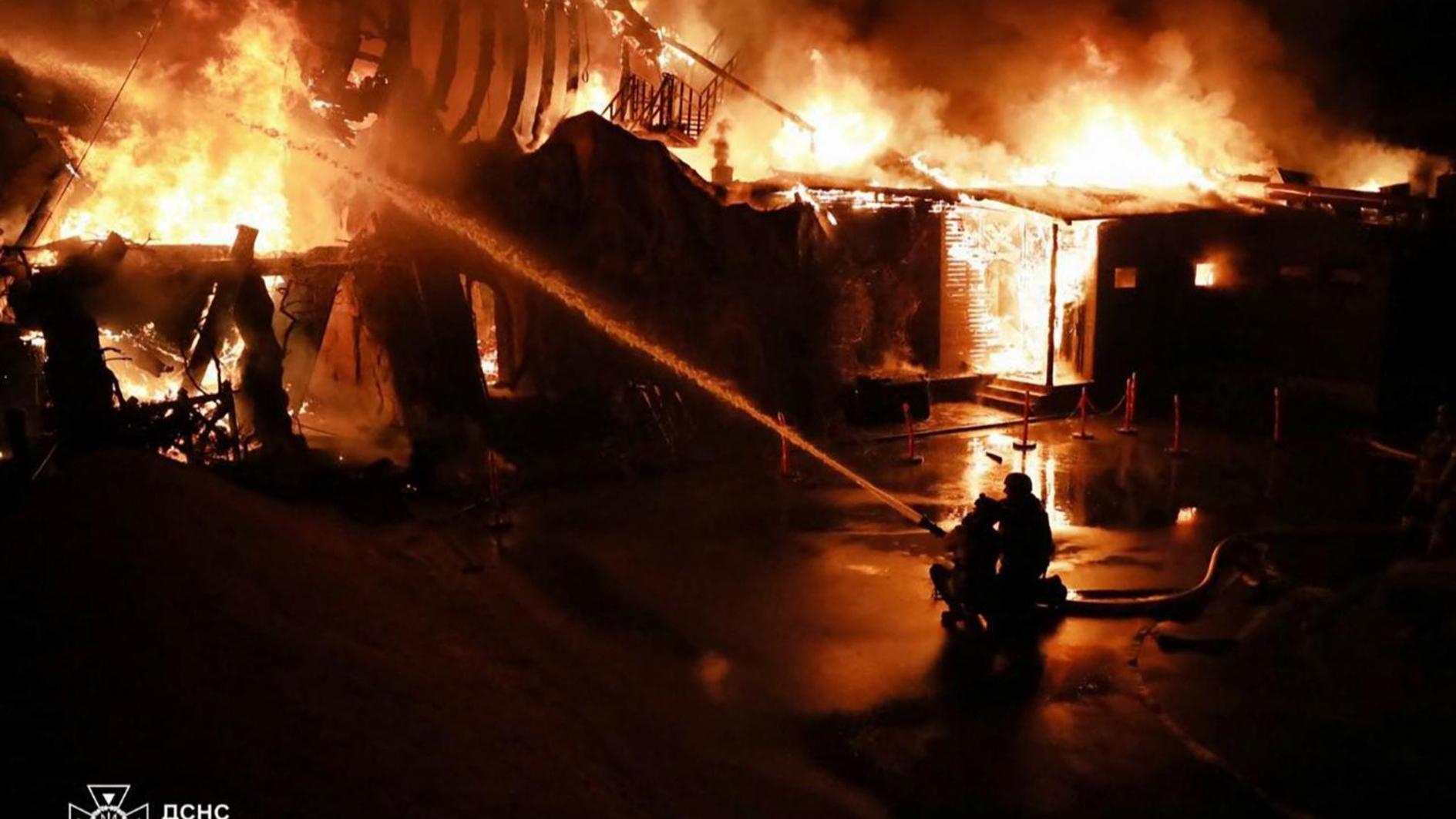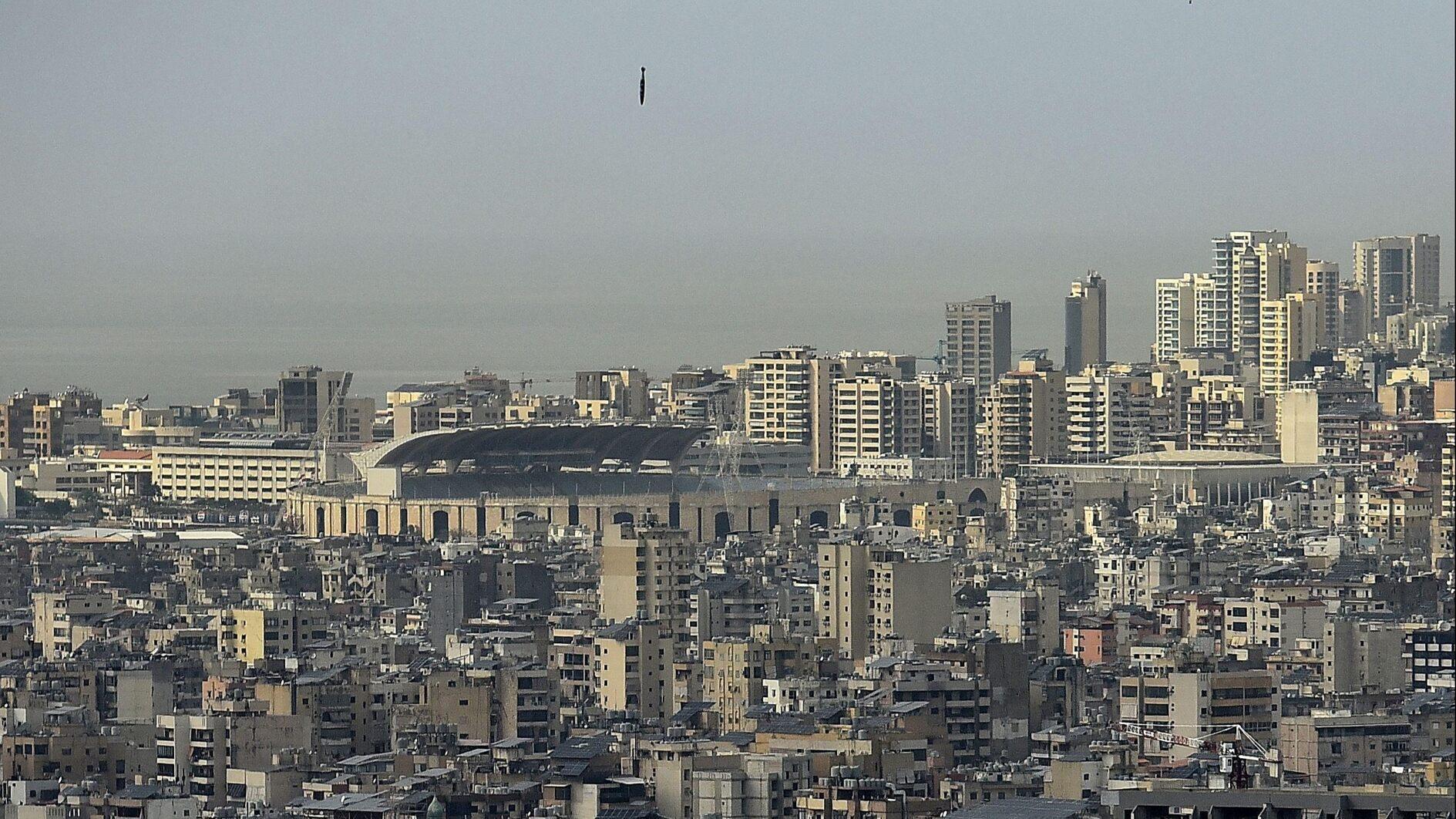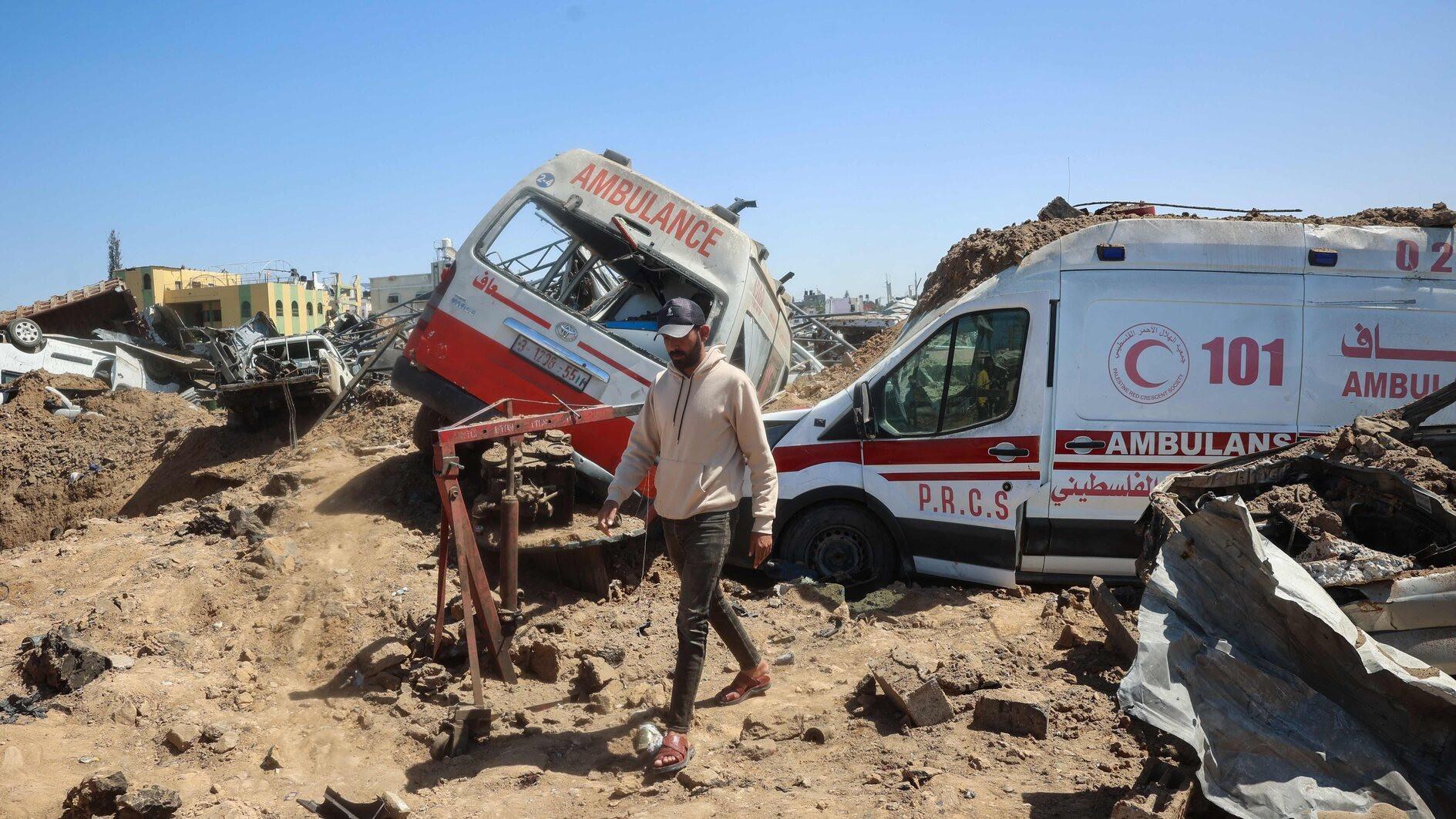Orwellian economics
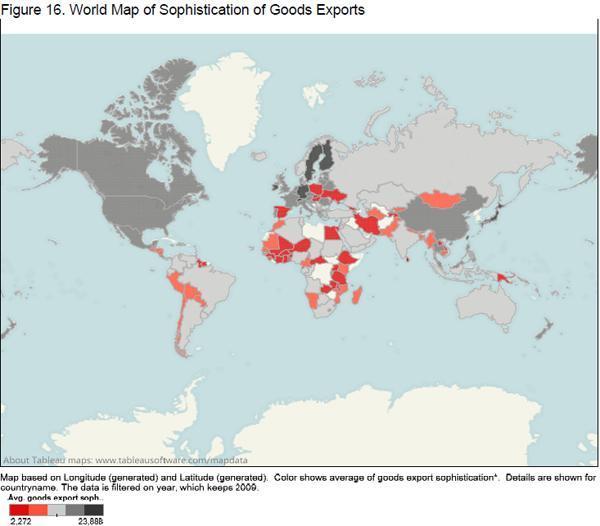
At
the end of George Orwell’s “Animal
Farm”, we learn that “all animals are equal, but some animals are more
equal than others.”
What holds true for pigs certainly holds true for exports, at least according to the new IMF paper “Structural Transformation and the Sophistication of Production”. The authors build indices for countries’ “sophistication of exports”, as measured by the average income and productivity level associated with all products exported by a country.
They
then go on to show that “increasing sophistication of exports, of both goods and
services, can be an important contributor to overall economic growth.” More sophisticated sectors not only create
more value-added activities, but they also act as “engines of growth”, as they
generate spillover effects for the whole economy.

Turkey is in the middle of the pack in terms of the sophistication of its exports. While that is not terrible news, the country has not been able to increase its export sophistication like China and India. Incidentally, this lack of progress is highlighted in a report from the Economic Research Forum, “The Transformation of International Production Linkages and Turkey”, which was released on Friday.
By
looking at the different stages of production linkages through time, Erol
Taymaz and Kamil Yılmaz show that Turkey has specialized in stagnant sectors
whose share of global trade has been falling over time. In general, the country
is more competitive in goods with lower relative prices, where reducing costs
is the name of the game.
He noted that while we do not know the relationship between human capital and structure of trade, we know that there is a link between exports and productivity and between productivity and human capital. The IMF paper has some results that shed light on this missing link: An educated workforce comes out as one of the main prerequisites for developing sophisticated goods and services.
Turkey’s educational woes are no secret: The average Turks has only six and a half years of schooling. The country is at the bottom of the OECD in terms of PISA scores and English proficiency. While both the quantity and quality of education are suffering, the new education reform is only attempting to tackle the former by increasing compulsory schooling to 12 years.
Moreover, moving children into vocational training at an early age, reminiscent of Charles Dickens novels, and dividing the primary education into two four-year segments, may even prevent them from receiving the necessary skills to contribute to those desired sophisticated export sectors.
In
Orwell’s “1984”,
two plus two equals five. In 2012’s Turkey, four plus four is less than eight,
as Sabancı University’s Education Reform Initiative has
been arguing.



